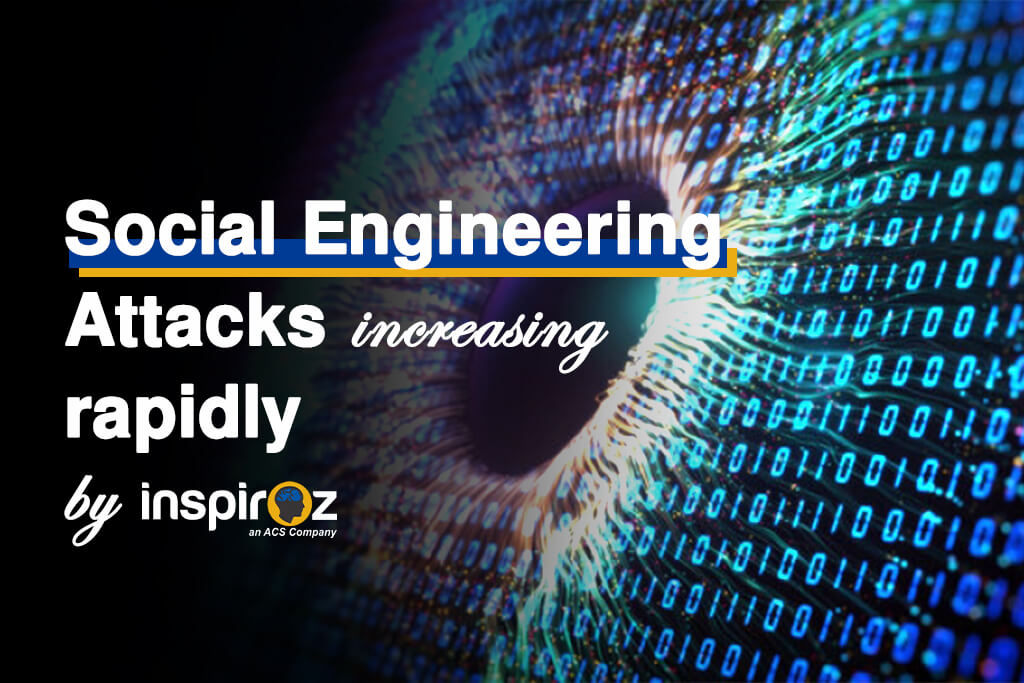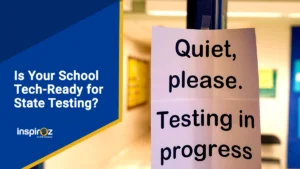Social engineering attacks are becoming the most significant threats to our digital ecosystem.
U.S. educational institutions are among the top targets.
But why are these institutions so vulnerable? Is it because of their open nature, or is there a more profound reason lurking in the shadows?
The Growing Concern of Social Engineering Attacks
What is social engineering, and why should you be concerned?
At its core, social engineering is an art of manipulating people into giving up confidential information.
The attackers, often referred to as ‘social engineers’, use various tactics, from phishing emails to impersonating trusted individuals, to gain unauthorized access to sensitive data.
U.S. Educational Institutions: The Prime Targets
Schools, colleges, and universities have become prime targets for these attackers. But what makes these educational institutions such ripe targets?
- Diverse Population: Universities host a mix of students, faculty, and staff from various backgrounds, making it a melting pot of cultures and information. This diversity, while being a strength, also means a broad spectrum of technological expertise and awareness.
- Open Networks: Many educational institutions prioritize openness, promoting academic freedom. This often translates to open networks and systems which, unfortunately, also become susceptible to breaches.
- Rich Data Reservoir: Think about it – from personal student data to potentially groundbreaking research, the variety and value of data held within these institutions are vast. A goldmine for any attacker!
“Knowledge will forever govern ignorance, and a people who mean to be their own governors must arm themselves with the power which knowledge gives.”
This quote by James Madison highlights the importance of awareness. By being aware, we can take the necessary precautions to guard our precious knowledge.
-
One study, conducted by the Ponemon Institute in 2022, found that the average cost of a data breach at a US educational institution was $4.24 million.
This is significantly higher than the global average of $3.92 million.
The study also found that social engineering attacks were the most common cause of data breaches at US educational institutions, accounting for 38% of all incidents.
-
Another study, conducted by the FBI in 2021, found that social engineering attacks were responsible for $2.4 billion in losses to US businesses and organizations, including educational institutions.
The study also found that phishing was the most common type of social engineering attack, accounting for 83% of all incidents.
-
According to a 2022 report by Verizon, 82% of data breaches at educational institutions involved a human element, such as a social engineering attack.
-
A 2021 study by the University of California, Berkeley found that 63% of students had been targeted by a phishing attack in the past year.
-
A 2022 report by Proofpoint found that the education sector was the second most targeted industry by phishing attacks, after the financial sector.
2024 Prevention Strategies
So, how can U.S. educational institutions fortify themselves against these malicious attacks in 2024?
Here are some cutting-edge strategies:
- Educational Campaigns: Launch extensive educational campaigns targeting every individual within the institution. Inform them about the various tactics employed by attackers and how to recognize and counter them.
- Regular Mock Drills: Practice makes perfect. By simulating social engineering attacks, institutions can assess their vulnerabilities and train their members to respond appropriately.
- Advanced Cybersecurity Protocols: Employ state-of-the-art cybersecurity measures. Use multi-factor authentication, advanced firewall settings, and continuously monitor network traffic for any suspicious activities.
- Collaboration with Tech Giants: Form partnerships with tech industry leaders. They can offer insights, resources, and tools that educational institutions might lack.
- Legislation and Policy: Advocate for stronger legislation that penalizes perpetrators of social engineering attacks. Additionally, institutions should implement strict data access and sharing policies.
The Road Ahead
Are we destined to remain on the defensive, always one step behind the attackers?
Or can we turn the tables, leveraging our combined knowledge and resources to keep our educational institutions safe?
The answer lies in a combined effort.
It requires collaboration, foresight, and a commitment to continual learning and adaptation.
As we stride into 2024, the strategies outlined above offer a robust starting point.
Imagine a world where our institutions remain impenetrable fortresses of knowledge, unyielding to any external threats. Doesn’t that sound promising?
Let’s work together to make that vision a reality.
After all, the safety of our future generations and the sanctity of knowledge is in our hands.
Remember, as Benjamin Franklin once said, “An ounce of prevention is worth a pound of cure.”
In conclusion, while the threat of social engineering is real and potent, with concerted efforts and the right strategies, we can, and we must, defend our educational institutions.
It’s not just about protecting data; it’s about safeguarding the very essence of education.







